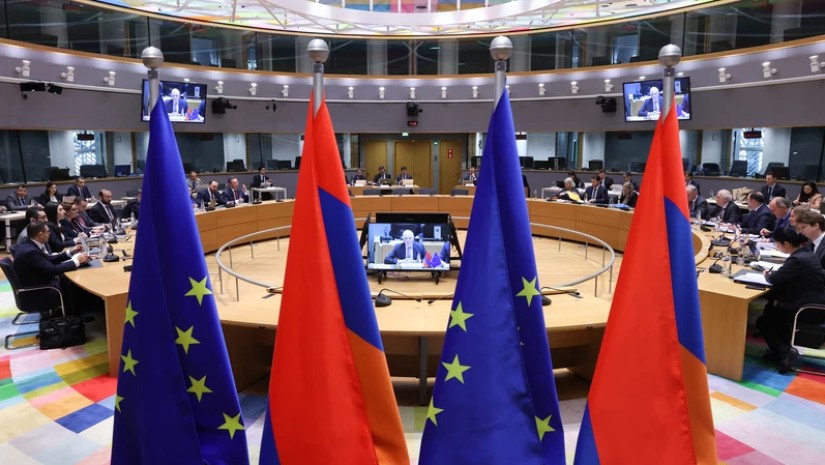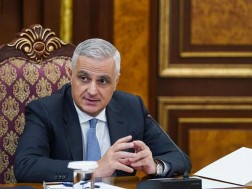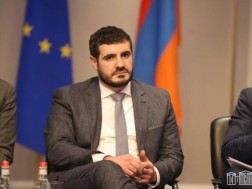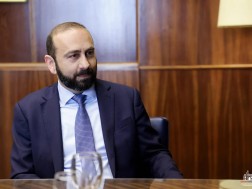On Monday, September 9, Armenia and the EU announced the start of a dialogue on visa liberalization. The goal of this process is to support Armenia in establishing a visa-free regime for short-term trips to EU countries while ensuring the necessary conditions for effectively managed mobility and security.
To initiate the visa liberalization talks, Margaritis Schinas, Vice President of the European Commission, visited Yerevan. After a series of meetings with senior Armenian officials, including the President, Prime Minister, and Minister of Foreign Affairs, Schinas described the start of the visa liberalization negotiations as a "historic event."
According to a press release from the Armenian government, the visa liberalization dialogue is part of a broader framework of relations between Armenia and the EU, which has advanced significantly since the signing of the Comprehensive and Enhanced Partnership Agreement (CEPA) in 2017. "The ongoing efforts within the dialogue will support Armenia’s comprehensive reform agenda, particularly in key areas for visa-free travel to the EU, such as document security, border and migration management, combating corruption and organized crime, as well as protecting fundamental rights," the statement said.
The dialogue was made possible by the successful implementation of the agreements on "Visa Facilitation" and "Readmission of Persons Residing Without Authorization" between Armenia and the European Union, which have simplified travel procedures for many Armenian citizens since January 1, 2014. Currently, all EU citizens are exempt from visa requirements when entering Armenia.
Next Steps
The Armenian government and the European Commission will work closely to ensure smooth and effective progress in the dialogue. The process will be merit-based, focusing on progress made, and will continue as long as necessary, without an automatic transition to a visa-free regime.
"All criteria must be fully met before a final decision on visa liberalization is made by the EU Council and the European Parliament. The process will require close cooperation with EU member states to monitor progress and developments," the Armenian government press service reported.
Background
The start of the visa liberalization dialogue follows a series of initiatives to strengthen cooperation with Armenia, stemming from the European Council's decision in October 2023. This step was also highlighted in the joint declaration of the Sixth Eastern Partnership Summit in December 2021.
In April 2024, the European Commission presented the "Resilience and Growth" program for Armenia for 2024-2027, with a total budget of 270 million euros. The program aims to strengthen Armenia's socio-economic resilience.
The "Visa Facilitation Agreement" between Armenia and the European Union, which came into effect on January 1, 2014, reduces visa fees for Armenian citizens and waives them for certain categories of applicants.
On July 22, 2024, the Foreign Affairs Council welcomed the European Commission's "intention to begin a visa liberalization dialogue with Armenia."
"A Historic Event"
Both the European Union and Armenia expressed mutual satisfaction with the launch of the visa liberalization dialogue. Senior officials from both sides emphasized the importance of this step in strengthening bilateral relations.
Margaritis Schinas, Vice President of the European Commission and Commissioner for Promoting the European Way of Life, described the start of the dialogue as a "clear demonstration of the EU's commitment to enhancing cooperation and mobility" with Armenia. According to him, this not only brings people closer but also acknowledges Armenia’s efforts in strengthening ties and shared values with the EU.
Armenian Deputy Prime Minister Mher Grigoryan also praised the EU's determination, along with that of its member states, to expand contacts between societies and citizens. He emphasized that the initiation of the dialogue is an important decision based on the democratic reforms underway in Armenia.
Grigoryan also highlighted the strategic importance of this process for modernizing the areas of migration, mobility, and border management, acknowledging the need for continued efforts and focused work in this direction.























